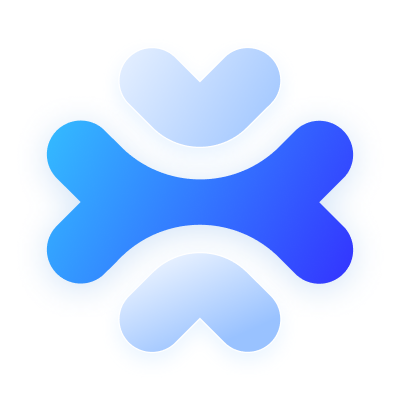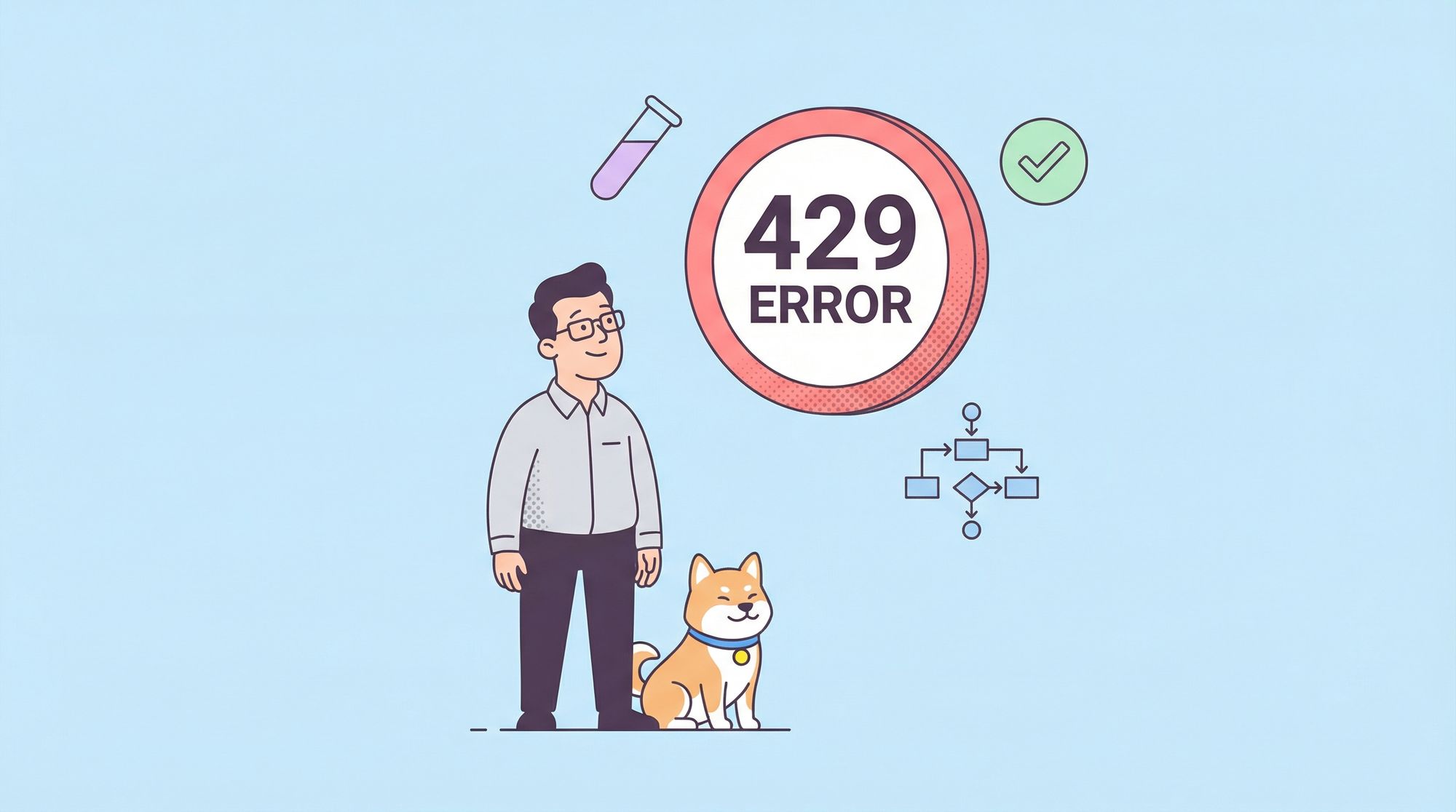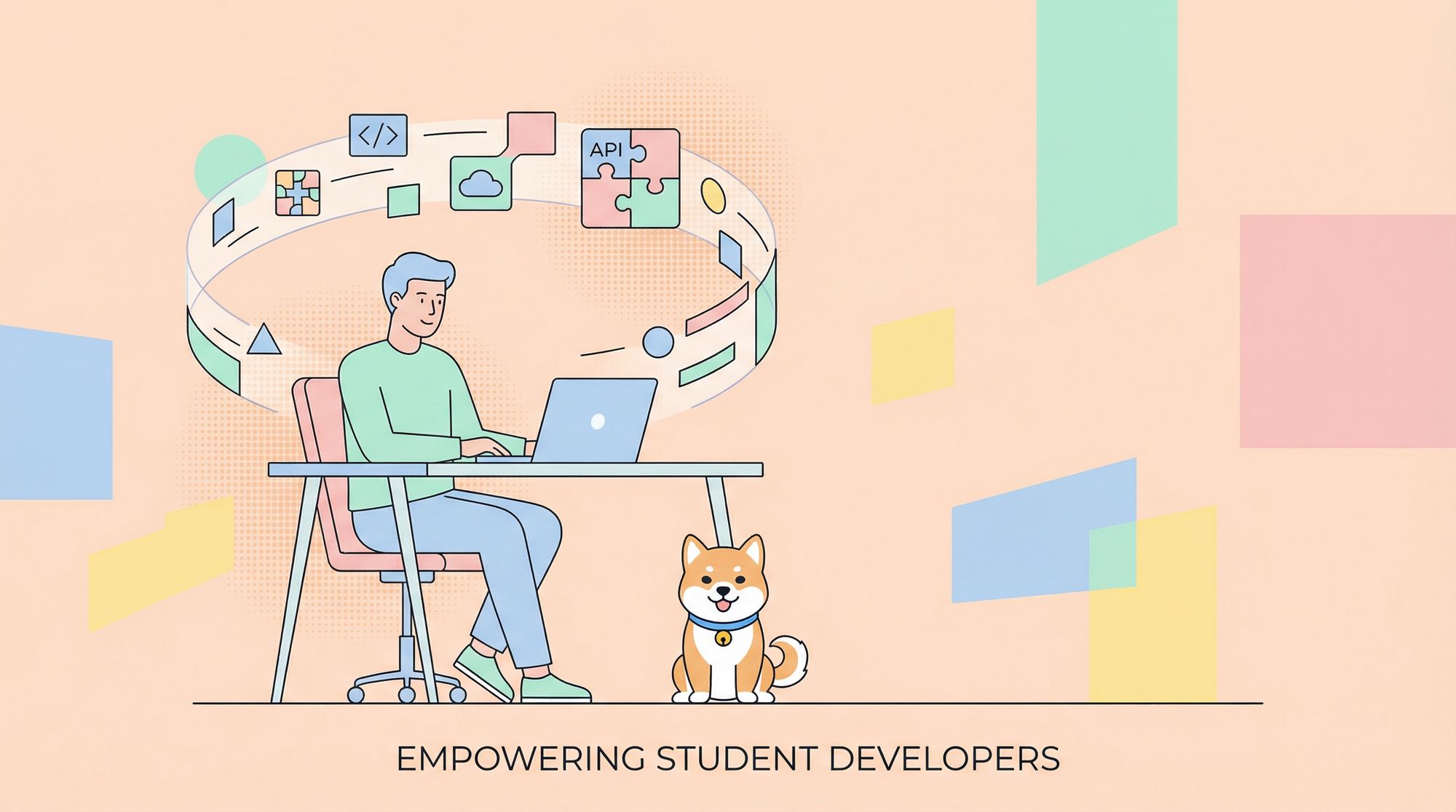GraphQL has become a core component of modern API development, offering developers the ability to query and manipulate data more efficiently than traditional REST APIs. A key part of working with GraphQL is choosing the right client. The ideal GraphQL client helps developers test, monitor, and collaborate on GraphQL queries, making API development smoother and more reliable.
In 2026, the landscape of GraphQL clients has evolved significantly, providing robust tools that cater to a variety of development needs. In this article, we’ll explore the top 10 GraphQL clients and examine their unique features to help developers choose the right tool for their projects.
The Importance of Choosing the Right Client
Selecting the right GraphQL client can make or break your development experience. The right client ensures:
- Streamlined API Testing: Easily test GraphQL queries and mutations with features like schema auto-loading and syntax highlighting.
- Efficient Development Workflow: Clients that support multi-step requests, global variables, and automation help save time.
- Better Collaboration: Some clients offer tools for team collaboration, enabling smoother handoffs between developers and team members.
- Improved Debugging: The ability to visualize and explore GraphQL schemas can speed up debugging and issue resolution.
As developers, finding a client that aligns with your project needs can increase productivity, improve code quality, and ensure better API performance.
Top 10 GraphQL Clients in 2026
1. Apidog
Website: Apidog
Pricing: Free, Paid plans available
Apidog is a powerful, versatile GraphQL client that stands out in 2026 for its robust support of API development and testing. Known for its flexibility, Apidog allows developers to build, test, and monitor GraphQL APIs with precision.
- GraphQL Query Builder: Apidog provides an intuitive interface to build complex GraphQL queries quickly.
- Multi-Environment Testing: The client allows developers to switch between different environments seamlessly, which is crucial for both testing and production.
- Pre-Request Scripts: Apidog supports JavaScript-based scripts to automate setup processes, reducing manual tasks for developers.
- Comprehensive Monitoring: With real-time monitoring, Apidog helps developers keep track of their GraphQL requests and responses, ensuring that everything runs smoothly.

Why Apidog?
Apidog excels in multi-environment support and its seamless integration with CI/CD pipelines, making it a top choice for developers looking to scale their GraphQL projects.

2. Postman
Website: Postman
Pricing: Free, Paid plans start at $19/month
Postman is widely known for its robust API testing features, and its support for GraphQL has only improved over time. The client offers a user-friendly interface and an extensive list of tools for developers working with GraphQL.
- GraphQL Schema Auto-Loading: Postman allows automatic schema loading from URLs, which saves time when working with large or complex APIs.
- Global and Environment Variables: Simplifies request customization and testing across different environments.
- Syntax Highlighting: GraphQL queries are auto-completed, making development faster and reducing errors.
However, Postman lacks some features like multi-step requests, which might be a drawback for complex workflows.
3. Insomnia
Website: Insomnia
Pricing: Free, Paid plans start at $5/month
Insomnia is another popular API client that supports both REST and GraphQL APIs. Known for its minimalistic design, Insomnia offers powerful tools that enhance developer productivity.
- GraphQL Query Support: Insomnia provides auto-completion for queries, making the process faster.
- Environment Variables: It allows the use of variables, which helps in managing configurations across multiple environments.
- Team Collaboration: Developers can collaborate easily through shared environments and settings, although some features are only available in the paid plan.
4. GraphiQL
Website: GraphiQL
Pricing: Free, Open-source
GraphiQL is the official GraphQL client maintained by the GraphQL Foundation. It's an open-source tool, and while its features are more basic, it remains a popular choice for small to mid-sized projects.
- Free and Open Source: GraphiQL is fully free, which makes it a go-to for developers looking for a budget-friendly solution.
- Schema Exploration: Developers can explore GraphQL schemas directly within the client.
- Syntax Highlighting: It offers basic features like auto-completion and syntax highlighting for better development.
GraphiQL is best suited for personal projects or smaller teams that need essential GraphQL features without advanced collaboration tools.
5. Altair
Website: Altair
Pricing: Free, Open-source
Altair is a powerful, free, and open-source GraphQL client with a dedicated interface for query execution and testing. It's favored for its easy-to-use UI and rich feature set.
- GraphQL Query Compression: Altair offers query refactoring and compressing, making it an efficient client for production use.
- Pre-request and Post-request Scripts: Developers can automate actions before and after requests, making it highly customizable.
- Environment Variables: Altair supports variables across different environments, facilitating smooth testing and deployment.
Altair also includes a dark theme for a better user experience during long development sessions.
6. Hoppscotch
Website:Hoppscotch
Pricing: Free, Open-source
Hoppscotch is a free and open-source API client that offers a dedicated UI for GraphQL APIs. It’s simple yet feature-rich, providing developers with essential tools for building and testing GraphQL queries.
- Auto-completion and Syntax Highlighting: Helps developers write accurate GraphQL queries faster.
- Schema Exploration: The client allows easy exploration of the GraphQL schema.
- Team Collaboration: Hoppscotch supports team workspaces, making it ideal for team projects.
Hoppscotch’s straightforward UI makes it one of the most accessible GraphQL clients for new developers.
7. Testfully
Website: Testfully
Pricing: Paid plans start at $5/user/month
Testfully is designed for API testing and monitoring, with GraphQL support being one of its highlights. It stands out for its automation capabilities.
- Multi-step GraphQL Tests: Developers can automate complex workflows with ease.
- Cloud and Offline Support: Testfully offers both cloud-native and offline versions..
Testfully is ideal for teams looking to automate and monitor GraphQL APIs across different environments.
8. Apollo Studio Sandbox Explorer
Website: Apollo Studio Sandbox
Pricing: Free
Apollo Studio Sandbox Explorer is a browser-based tool that allows developers to explore GraphQL APIs without signing in or setting up an account.
- Schema Exploration: Offers a powerful UI for quickly exploring any GraphQL schema.
- Auto-completion: Simplifies the writing of GraphQL queries.
- Team Collaboration: Supports teams through collaboration features within Apollo Studio.
Apollo Studio Sandbox is best suited for quick prototyping and testing in browser environments.
9. Firecamp
Website:FireCamp
Pricing: Free, Paid plans start at $59/month
Firecamp is a comprehensive API client that includes a dedicated GraphQL explorer. It’s particularly user-friendly for those new to GraphQL.
- Schema Documentation: Developers can quickly access and view API schema documentation.
- Collection Support: Firecamp provides organizational tools for better project management.
- Team Collaboration: Its collaborative features make it ideal for team use.
10. TestMace
Website: TestMace
Pricing: Free, Paid plans start at $5/month
TestMace is a modern API client known for its GraphQL support and API testing capabilities. It’s ideal for those looking for a complete API testing solution.
- Auto-generating GraphQL Queries: Saves developers time by automatically generating queries based on the API schema.
- Multi-step Requests: Supports complex workflows for testing multiple GraphQL endpoints.
- Environment Variables: Allows developers to test their GraphQL APIs across different environments.
TestMace is feature-rich, though some advanced features are only available in the paid version.
Feature Comparison Table
| GraphQL Client | Free | Open-source | Syntax Highlighting | Schema Documentation | Auto-completion | Testing Capabilities | Environment Variables |
|---|---|---|---|---|---|---|---|
| Apidog | Yes | No | Yes | Yes | Yes | Yes | Yes |
| Postman | No | No | Yes | Yes | Yes | Yes | Yes |
| Insomnia | No | Yes | Yes | Yes | Yes | Yes | Yes |
| GraphiQL | Yes | Yes | Yes | Yes | Yes | No | No |
| Altair | Yes | Yes | Yes | Yes | Yes | Yes | Yes |
| Hoppscotch | Yes | Yes | Yes | Yes | Yes | Yes | Yes |
| Testfully | No | No | Yes | No | Yes | Yes | Yes |
| Apollo Studio Sandbox | No | No | Yes | Yes | Yes | No | No |
| Firecamp | No | No | Yes | Yes | Yes | No | Yes |
| TestMace | No | No | Yes | Yes | Yes | Yes | Yes |
Conclusion
Choosing the right GraphQL client can significantly enhance a developer’s productivity and the overall efficiency of API development. Each of the tools listed above offers unique features, from Apidog’s all-in-one API management capabilities to the simplicity of GraphiQL and the flexibility of Insomnia. Your choice should be driven by your specific project needs—whether you require advanced collaboration, automated testing, or just a streamlined query builder.
Apidog is particularly noteworthy for developers looking for a full-featured platform that handles GraphQL requests alongside a suite of API development tools. With features like query building, testing automation, and team collaboration, Apidog stands out as a top choice for both individual developers and larger teams.
Ultimately, each of these GraphQL clients provides essential tools to help you optimize your API development processes, reduce errors, and improve overall efficiency. Explore them, assess their capabilities, and select the one that best fits your workflow in 2026.
Frequently Asked Questions about GraphQL Clients
1. What are GraphQL clients?
GraphQL clients are tools or libraries that enable developers to interact with GraphQL APIs. These clients allow users to write and send queries, mutations, and subscriptions to a GraphQL server. They often include features like auto-completion, schema exploration, syntax highlighting, and testing capabilities to simplify the development process.
2. What is the best GraphQL client?
The best GraphQL client depends on your project requirements. Apidog is an excellent choice for developers needing a full-featured API management tool with GraphQL capabilities. For lightweight or open-source options, GraphiQL or Altair are popular. If you prioritize advanced collaboration and automation, Apollo Studio are great alternatives.
3. Which companies are using GraphQL?
Many large and small companies use GraphQL, including industry leaders like Facebook, GitHub, Shopify, and Airbnb. These companies leverage GraphQL to streamline data fetching, improve application performance, and enhance their developer experience.
4. What is the difference between a GraphQL client and a REST client?
A GraphQL client interacts with GraphQL APIs by sending queries and receiving the specific data requested, while a REST client communicates with RESTful APIs, typically via fixed endpoints. GraphQL clients allow more flexibility by letting developers specify what data they need, while REST clients often result in over-fetching or under-fetching data due to endpoint structure.
5. Is GraphQL obsolete?
No, GraphQL is far from obsolete. While REST is still widely used, GraphQL continues to grow in popularity for its flexibility and efficiency in handling complex data queries, particularly in modern applications where data needs are highly dynamic.
6. Is GraphQL an overkill?
GraphQL can be overkill for simple applications or small-scale projects where REST may suffice. However, for applications with complex data structures or those requiring frequent updates across multiple fields, GraphQL can be highly beneficial, improving both performance and development speed.
7. What is the biggest disadvantage of using GraphQL?
The biggest disadvantage of GraphQL is its complexity in certain cases. It can introduce overhead in managing large queries or rate-limiting issues for certain APIs. Additionally, handling caching and pagination in GraphQL requires more effort compared to REST.
8. Is GraphQL better than REST API?
GraphQL is not necessarily better than REST; it depends on the use case. GraphQL excels in flexibility, reducing data fetching, and handling complex queries efficiently. However, REST remains a solid choice for applications where simplicity and cache control are key priorities. The right choice depends on your project's specific needs.




